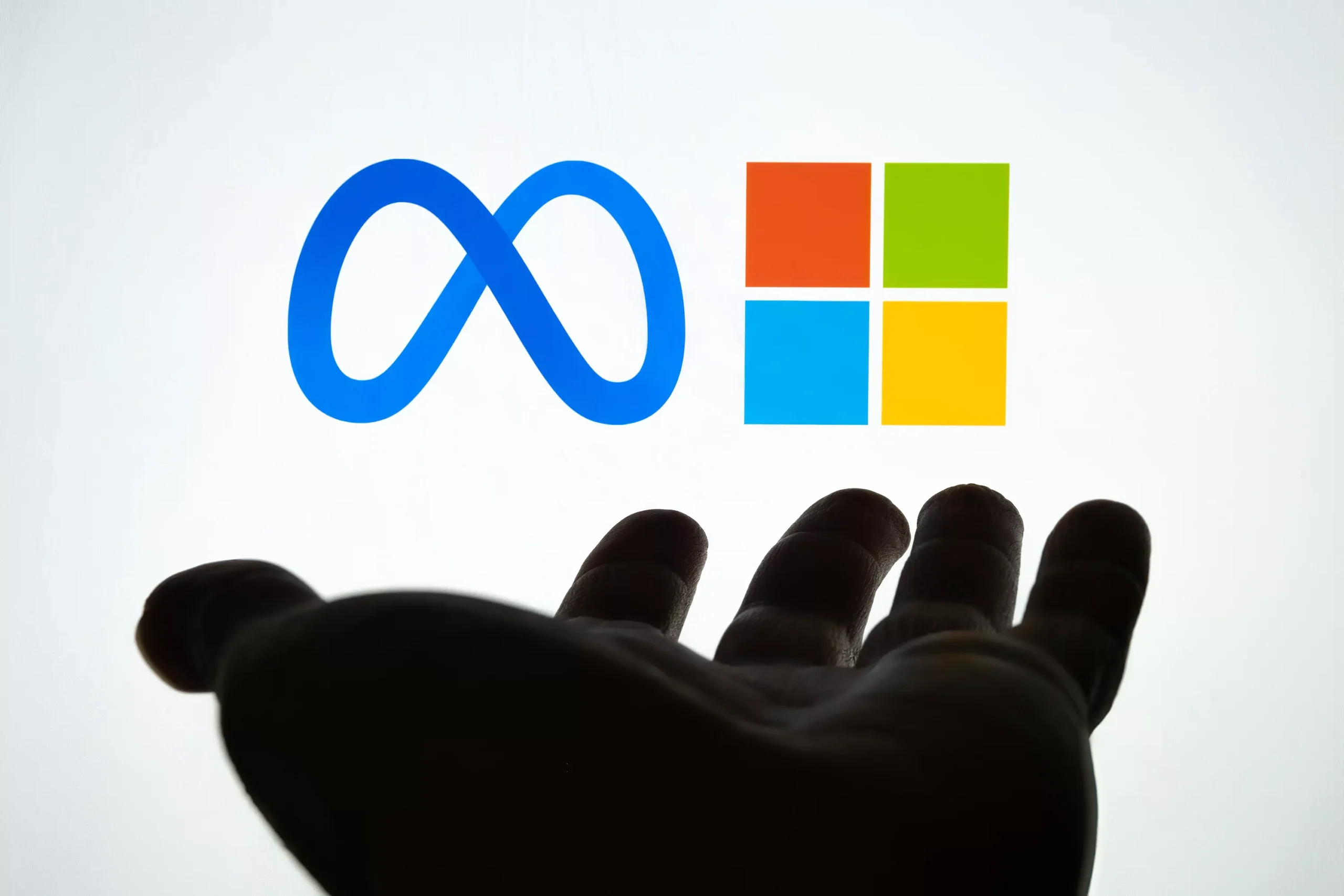A blockbuster earnings week for Microsoft and Meta has added nearly $500 billion in market capitalization to the two tech giants, reaffirming Wall Street’s confidence in Big Tech’s ability to monetize artificial intelligence and digital ecosystems despite rising capital expenditure.
The back-to-back earnings wins came as a relief to investors watching closely to see whether sky-high valuations in tech were justified. Both companies beat analyst expectations on revenue and profitability, prompting Microsoft shares to jump 8.6% in premarket trading and Meta shares to surge 11%.
That momentum helped Microsoft officially cross the $4 trillion market cap threshold at the start of the trading day, making it only the second publicly traded company after Nvidia (NVDA) to hit that milestone. By early trading, Microsoft shares were up more than 5%.
Meta, meanwhile, delivered a strong rebound story. Advertising revenue surged 22%, far exceeding market forecasts, even as the company continues its long-term investment in Reality Labs, its division focused on augmented and virtual reality. Crucially, Reality Labs posted a narrower loss than expected, signaling that Meta may be closer to turning the corner on its metaverse gamble.
“The stock moves make sense — the results are that good,” said D.A. Davidson head of technology research Gil Luria, speaking to Yahoo Finance. “Meta is gaining significant share in the digital advertising market, … and therefore investors have patience for the capex guidance they’re providing.”
The AI Spending Debate
This week’s results also arrive at a critical time in the broader conversation about AI spending discipline. Microsoft and Meta are two of the most aggressive investors in AI infrastructure, prompting growing scrutiny over whether sky-high capex is sustainable.
Microsoft has doubled down on embedding AI across its productivity suite, cloud offerings, and developer tools — a strategy that is now delivering tangible results. Its Azure cloud platform continues to benefit from AI-related workloads, and its Copilot services are driving enterprise adoption across sectors.
Meta, while not known primarily as an AI company, has ramped up AI-powered recommendation engines and introduced advanced LLMs like Llama 3, aimed at transforming user engagement and improving ad performance, both of which are now translating into better monetization.
Market Sentiment Shifts
Until now, investor concern had focused on whether tech’s AI investments were overhyped and potentially margin-eroding. But these results seem to mark a turning point.
Both companies have effectively repositioned themselves not just as tech incumbents but as critical enablers of the AI economy, with Microsoft supplying the infrastructure and tools, and Meta harvesting the results through personalization, targeting, and content optimization.
A Big Tech Barometer
The combined surge in Meta and Microsoft’s stock prices is more than just good news for shareholders. It has helped lift broader indices and is seen as a barometer for how resilient Big Tech remains despite economic uncertainty, inflationary headwinds, and geopolitical instability.
With Apple, Amazon, and Alphabet yet to report, investors are watching to see if this rally has legs, or if the bar has now been set too high.






